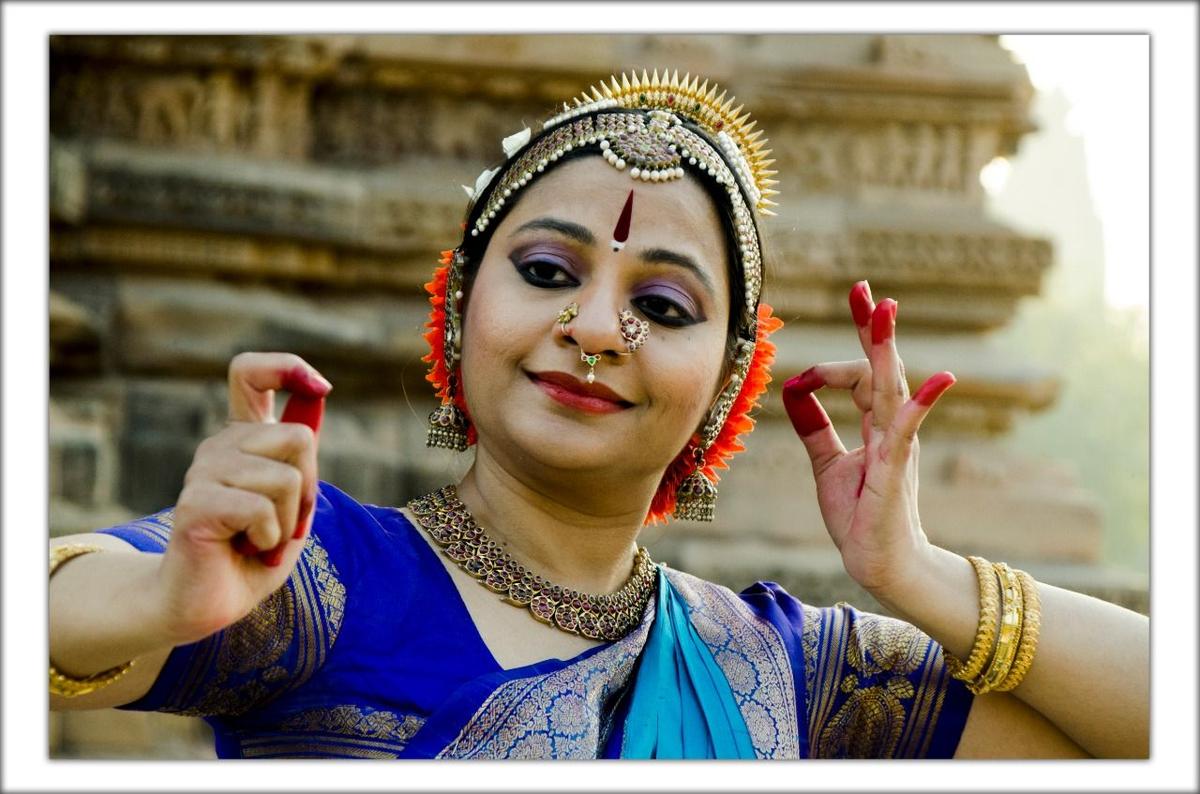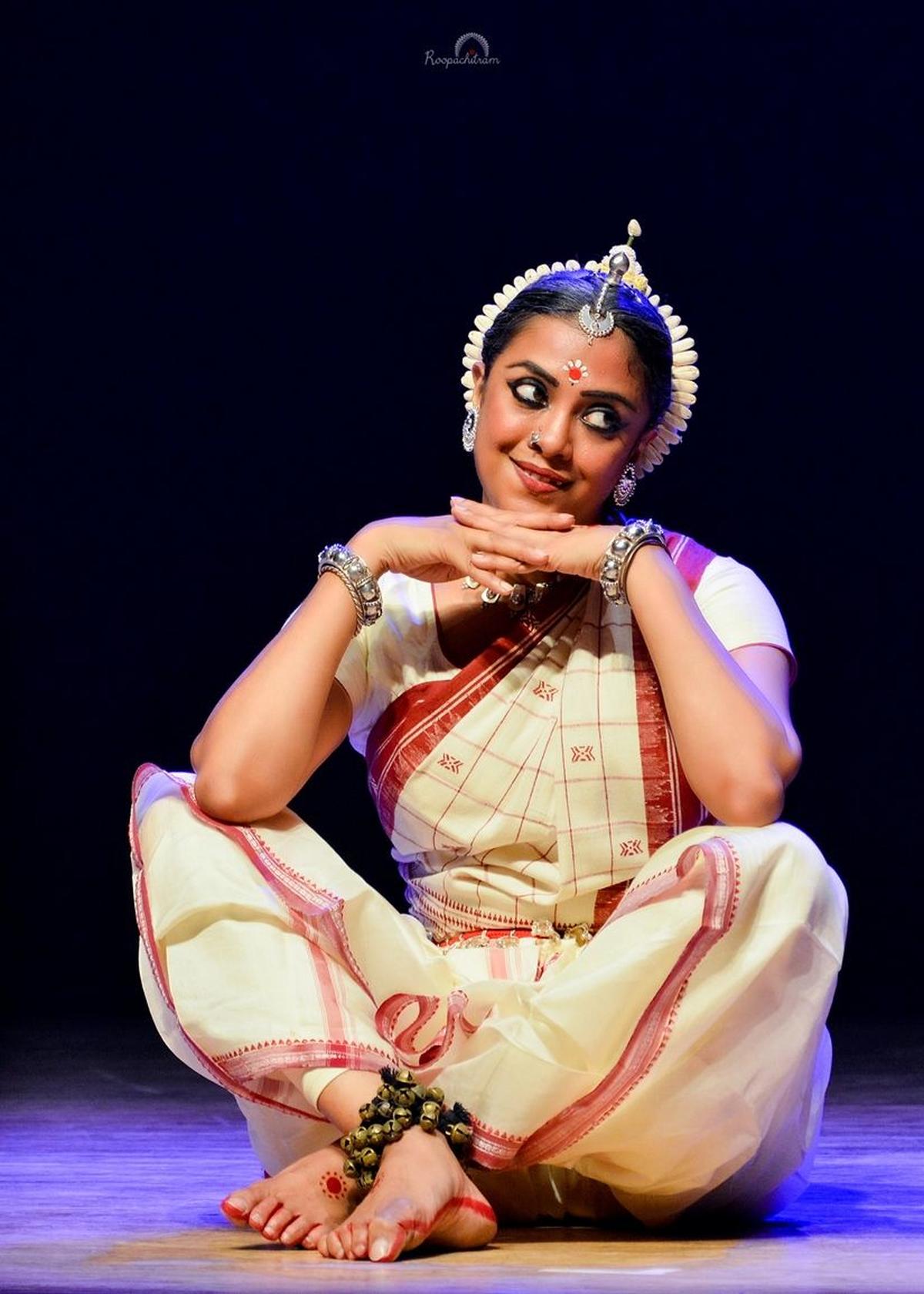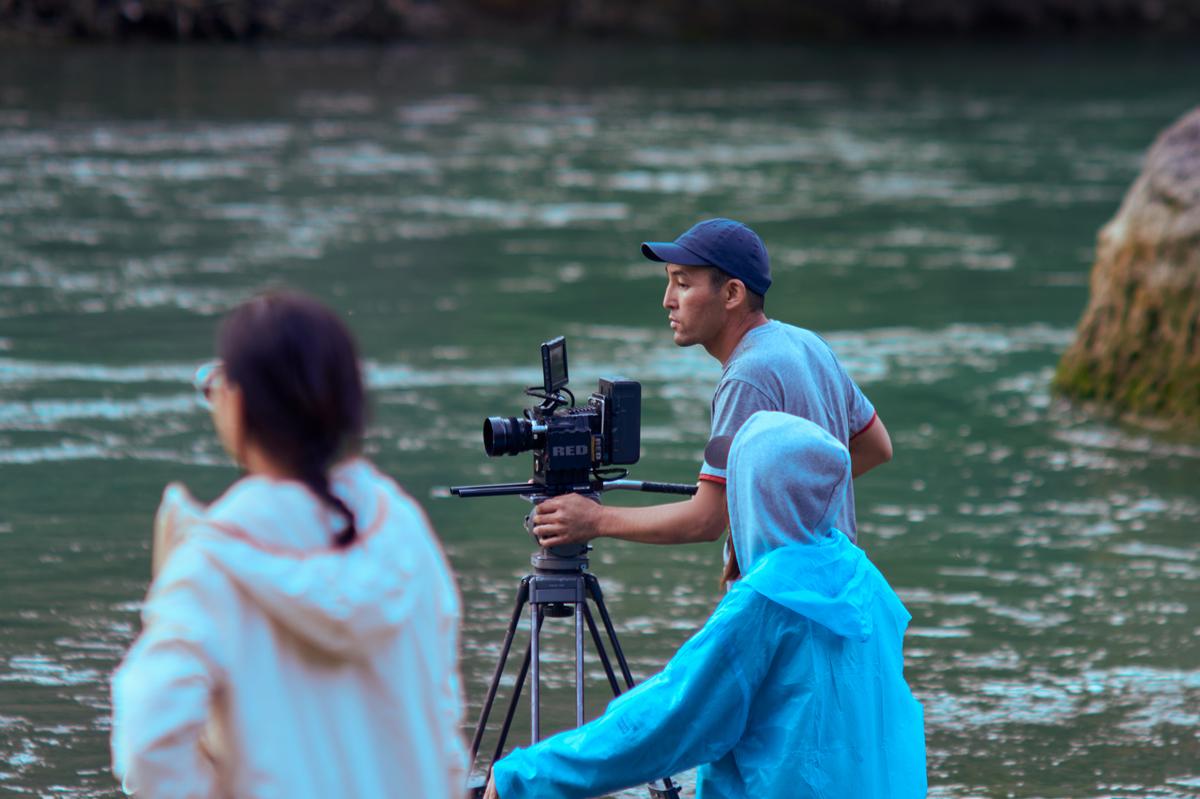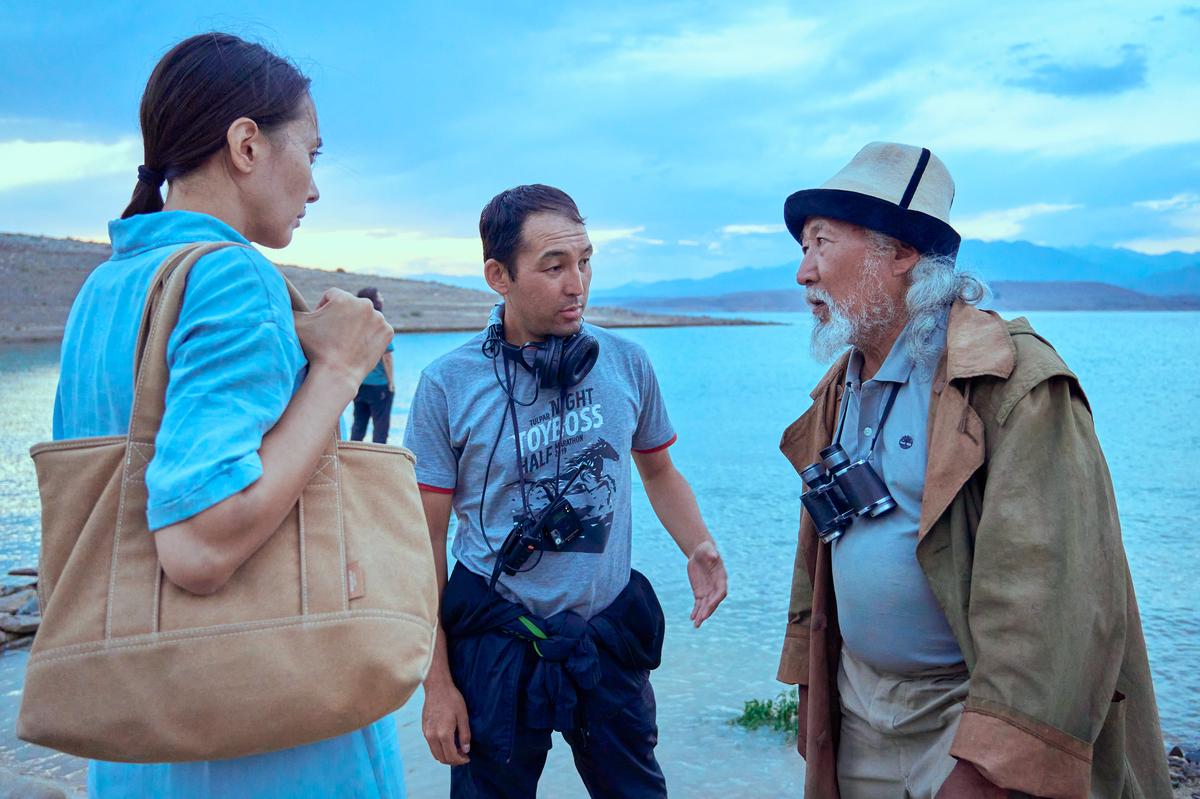Shankar M K
Kyrgyz filmmaker Dastan Zhapar’s work is a profound meditation on his society’s shifting relationship with the past and the evolving landscape of Kyrgyzstan’s traditions. At the heart of his cinematic exploration is death, through which he examines societal ruptures and continuities, and reimagines a future.
Kyrgyz society, like other societies previously part of the Soviet Union, has had to deal with three traditions — pre-Soviet, Soviet socialist, and contemporary.
Dastan made A Father’s Will in 2016 and Road to Eden in 2020, both in collaboration with fellow filmmaker Bakyt Mukul. A Father’s Will won the Golden Zenith at the 40th Montreal World Film Festival. Deal at the Border, screened at the recent Bangalore International Film Festival, is Zhapar’s first independent work.
While A Father’s Will was about how reviving an old death ritual helped pacify people defrauded by a man now deceased, Road to Eden reflected on the loss of meaning caused by material compulsions of modern life. With Deal at the Border, Dastan turns to even darker realities — modern slavery and human rights issues. Death here becomes a moment of moral reckoning.
As an amorphous repository of attitudes, practices, and relational hierarchies, a tradition never truly dies. In Dastan’s films, two traditions reside within the present — struggling for attention and validation. The resonances of this exploration are impossible to miss in India, bogged down by a similar contest between putative traditions.
Kyrgyz filmmaker Dastan Zhapar
| Photo Credit:
Special Arrangement
In an exclusive, Dastan shares his thoughts on the many issues of idea, ideology and creative expression. Excerpts:

Why is it that you question some traditions and try to restore respect for others?
It is true that I am questioning some traditions, but I am not seeking to restore respect for others. Things emerge in the process of scripting and filming. They beg to be projected on the screen and I am persuaded by this kind of insight.

Death and how people respond to it seems to be a common theme in all your films.
That is right. However, it was not by conscious design — it turned out that way. Death occupied centrestage and spliced three of my films into an unintended trilogy. However, the ideas I am now working on are about survival and the desire for freedom.
A Father’s Will plays out an aspect of the Kyrgyz attitude to death. People at a burial desire closure. They want to accept and forgive. Also, they like to ask what kind of a person the deceased was as a prelude to restoring dignity to the dead. These rituals serve to unite people, especially family, in times of sorrow.
Kyrgyz filmmaker Dastan Zhapar during a shoot
| Photo Credit:
Special Arrangement

Why is the yurt (a portable, circular dwelling, traditionally used by nomadic people in Central Asia) so important?
The Kyrgyz had a nomadic, mobile way of life. The yurt naturally became home and a symbol of family stability. It also represents the strength of the national collective, serving a material function and as a spiritual metaphor.
 A Father’s Will turns out to be based on a book written by a character in The Road to Eden…
A Father’s Will turns out to be based on a book written by a character in The Road to Eden…
When Bakyt Mukul and I wrote the script for A Father’s Will, we thought it would be nice to have a literary work associated with the film’s story. When we were scripting for The Road to Eden, and came up with the image of the sick writer Sapar, we thought he could write, for example, a book titled The Father’s Testament referring to our previous film. In this way, we would have an imaginary author for an imaginary book on which our first film had been based. In this fashion, we were able to thematically unite the two films. The stories take place in the same universe, same ethical ecosystem.
Kyrgyz filmmaker Dastan Zhapar
| Photo Credit:
Special Arrangement

What is your next film about?
I am actively working on three ideas. One is the story of guards at the border of Kyrgyzstan and Tajikistan. Another is about modern slavery.

Why is slavery a subtext of Deal at the Border?
Slavery has been on my mind for a long time as I have been personally affected by it. My brother Aktan was enslaved in a neighbouring country with our uncle. Luckily, they managed to escape. The script was written by Aktan and I.
While writing the script, I studied modern slavery. I learnt that Kyrgyzstan ranks first among Central Asian countries whose citizens are enslaved abroad, mostly in Kazakhstan, Russia, Turkey and the UAE. According to the International Labour Organisation, more than 50 million people are currently enslaved worldwide and 70% of them are women. These statistics are horrifying. We must bring this to the notice of viewers everywhere.
Kyrgyz filmmaker Dastan Zhapar during a shoot
| Photo Credit:
Special Arrangement

From what sources do you draw inspiration from?
Definitely from the Kyrgyz epic of Manas. It is a poem with more than 1,50,000 verses. It is about the legendary past of many nations of Central Asia, including the Mongol, Kitai, and Altai.
Newspaper reports often provide a starting point for an episode. I am also inspired by themes other directors explore. The most important thing is to select the right theme or story. The story must resonate in you. It must refer to some piece of today’s reality or to a possible state of affairs in the future.
I prefer to make films about the rural and remote regions, though cities have their stories too. I ride the bus and observe people as they travel and converse. I can learn much about their troubles and what makes them happy. I dig into real life material so I can use them in my films.

What are your thoughts on Indian cinema?
I am in awe of Indian films screened at international film festivals — they deal with serious issues in interesting ways. I would like to be involved in a joint venture with India sometime in the future. The first Kyrgyz feature film was made in 1958, by which time Indian cinema was already in bloom.
Kyrgyz filmmaker Dastan Zhapar during a shoot
| Photo Credit:
Special Arrangement

Are you responding to any particular filmmaking tradition?
I like the image of Duishen, the teacher created by Kyrgyz author Chingiz Aitmatov in his novel First Teacher that was later made into a film. Duishen brings knowledge and knowledge is light, pulling millions of people out of the darkness of ignorance. Duishen had a fanatic faith in a bright future ushered in by literacy and education. Eventually that is what led mankind to seemingly impossible things such as space exploration. I believe such people are in short supply in our crazy world today.
Published – April 23, 2025 02:14 pm IST






































